Guinea pigs are strictly herbivores. This means that, like rabbits, they only eat greens. They eat neither meat nor meat products - so they are true vegans. In the wild, guinea pigs eat all kinds of grass and plants. It is therefore important that your guinea pig has constant access to fresh hay. Like rabbits, guinea pigs' teeth grow over the course of their lives. Therefore, good dental care for guinea pigs is also very important. However, dental problems are less common in guinea pigs than in rabbits.
Guinea pig food
Hay is also very important for a good intestinal function of your guinea pig. Pellets are often added to this. You can give 10-15 grams of croquettes per day. It is best to split this up into 2x. With guinea pigs, it is very important to give them food that is specifically made for guinea pigs. Vitamin C is added to guinea pig feed. Guinea pigs cannot produce this vitamin themselves, so they need to get extra vitamin C from the diet. It is recommended that supplemental vitamin C be given via the pellets (see Vitamin C deficiency in guinea pigs).
Feeding vegetables to guinea pigs
In addition to hay and croquettes, you can also feed many different types of vegetables. Guinea pigs can (and do) eat large amounts of vegetables. Fruit should be avoided as it contains a lot of sugar. If you feed your guinea pig vegetables and pellets, you don't have to pay special attention to the sugar content. The sooner you get your guinea pig used to all types of vegetables, the more fun they will have later on when they are fed. Guinea pigs develop a preference for certain types of food early in life.
Permitted vegetables: carrots, endive, radish or carrot leaves, peppers, chicory, broccoli, cauliflower, tomatoes and lamb's lettuce. Do not add too many vegetables at once as they contain a lot of moisture. Lots of fluids and a sudden change in diet are two factors that can cause diarrhea in your guinea pig. Give your guinea pig small portions often so that it can get used to a new vegetable.
You can also feed your guinea pig iceberg lettuce, cucumber, cabbage, and fennel. However, these vegetables are a bit harder for your guinea pig to digest. This is because they contain a lot of water and certain types of sugar. It is best to avoid these vegetables.
Which vegetables shouldn't be fed to guinea pigs?
Rhubarb, onions, mushrooms and leeks are poisonous to your guinea pig. The vegetables you feed should never be cooked and should be fresh! Nuts, seeds and dairy are also not good for your guinea pig and should not be fed. Luckily, there are plenty of treats to give, and do you really want to spoil your guinea pig? Then give him parsley.
Vitamins for guinea pigs
Guinea pigs do not produce their own vitamin C, so you must feed it to your pet. Croquettes specially made for guinea pigs contain extra vitamin C. Vitamin C disappears from the diet, so you need to pay attention to the expiry date. After 3 months, only 35% of the original amount of vitamin C is still in the feed.
It is advisable to give your guinea pig tablets containing vitamin C in addition to the pellets. It can be a bit tricky the first time (or the first two times). But many guinea pigs really like the tablets and will simply eat them out of your hand afterwards. Make sure you give a maximum of 1 tablet per day!
This text was translated by a translation machine
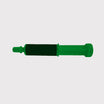 Horse Pharmacy
Horse Pharmacy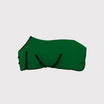 Rugs
Rugs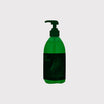 Care
Care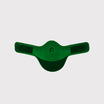 Saddle and Attachments
Saddle and Attachments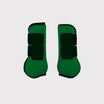 Leg Protection
Leg Protection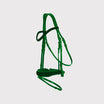 Bridles
Bridles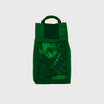 Feed
Feed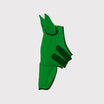 Fly Masks
Fly Masks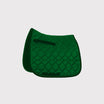 Saddle Pads
Saddle Pads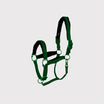 Headcollars and Ropes
Headcollars and Ropes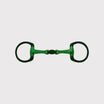 Bits
Bits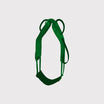 Other Disciplines
Other Disciplines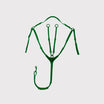 Reins and Auxiliary Reins
Reins and Auxiliary Reins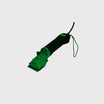 Clipping
Clipping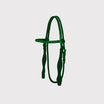 Western
Western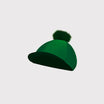 Eventing
Eventing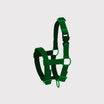 Foals
Foals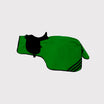 Reflection
Reflection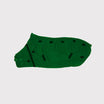 Therapy Products
Therapy Products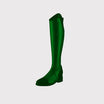 Boots and Shoes
Boots and Shoes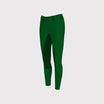 Breeches and Belts
Breeches and Belts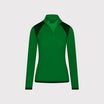 Tops
Tops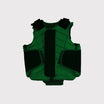 Safety
Safety Competition
Competition Heated Clothing
Heated Clothing Gloves
Gloves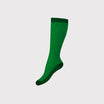 Socks
Socks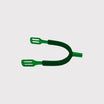 Spurs and Attachments
Spurs and Attachments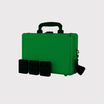 Technology
Technology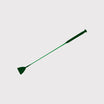 Whips
Whips Gifts
Gifts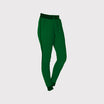 Casual Wear
Casual Wear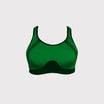 Underwear
Underwear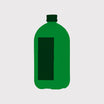 Rider Pharmacy
Rider Pharmacy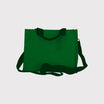 Bags
Bags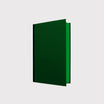 Books
Books Laundry supplies
Laundry supplies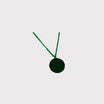 Jewelry
Jewelry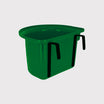 Feed and Waterbowls
Feed and Waterbowls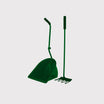 Equipment
Equipment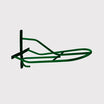 Tack Room
Tack Room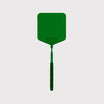 Pest Control
Pest Control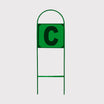 Arena
Arena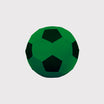 Horse Toys
Horse Toys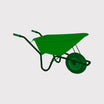 Wheelbarrows
Wheelbarrows Yard
Yard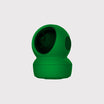 Surveillance
Surveillance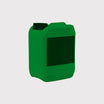 Disinfect
Disinfect Washing Area
Washing Area Lighting
Lighting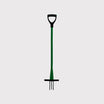 Horse Pasture
Horse Pasture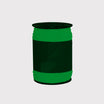 Current Conductors
Current Conductors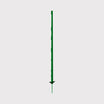 Pole
Pole Insulators
Insulators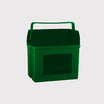 Energisers
Energisers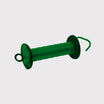 Gate Handles
Gate Handles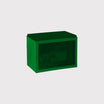 Batteries and Accumulator
Batteries and Accumulator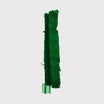 Nets
Nets Grounding
Grounding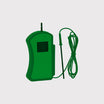 Tools
Tools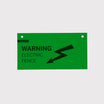 Fencing Security
Fencing Security Wolf Defense
Wolf Defense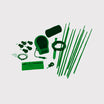 Fencing Sets
Fencing Sets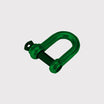 Fence locks
Fence locks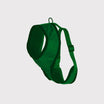 Dogs
Dogs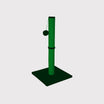 Cats
Cats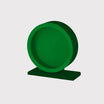 Rodents
Rodents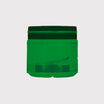 Dogs Pharmacy
Dogs Pharmacy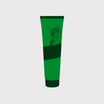 Cats Pharmacy
Cats Pharmacy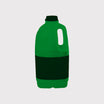 Rodents Pharmacy
Rodents Pharmacy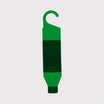 Cattle Pharmacy
Cattle Pharmacy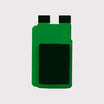 Poultry Pharmacy
Poultry Pharmacy Veterinary Supplies
Veterinary Supplies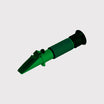 Cattle
Cattle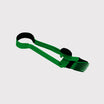 Sheep and Goats
Sheep and Goats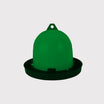 Poultry
Poultry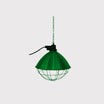 Heat Lamps
Heat Lamps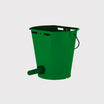 Calves
Calves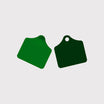 Marking
Marking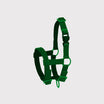 Halters
Halters